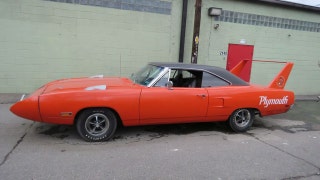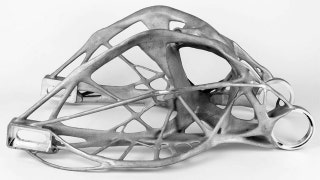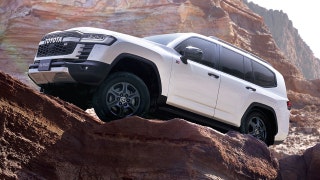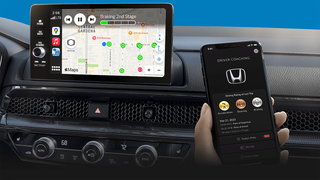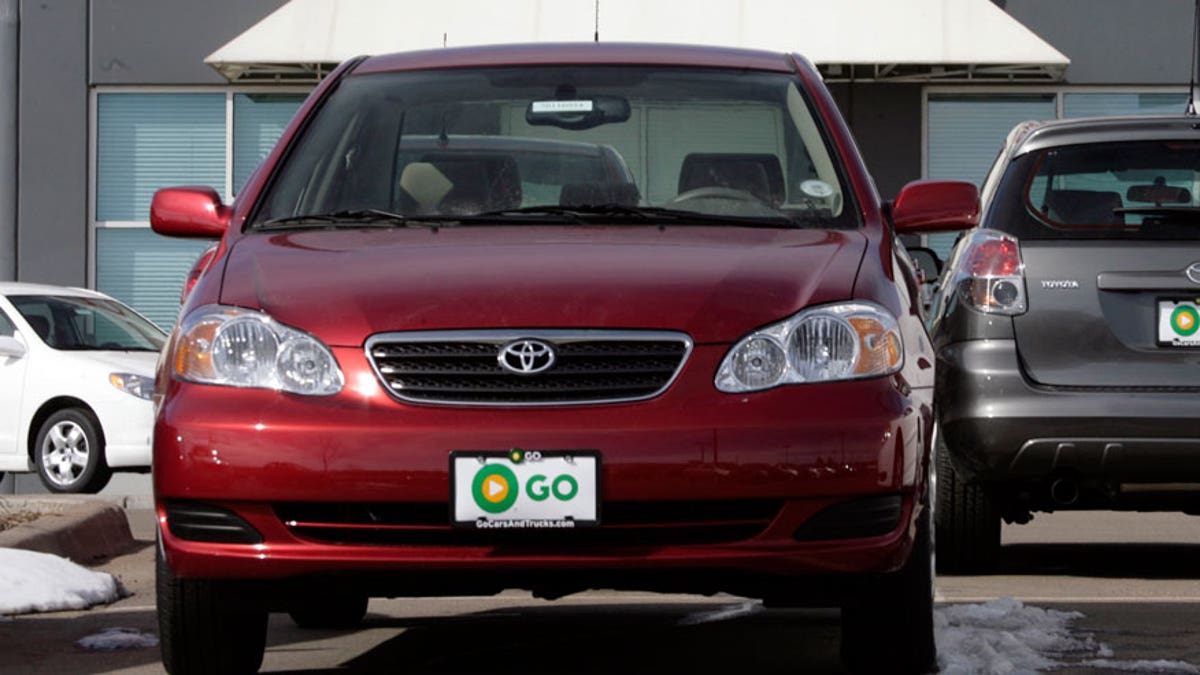
(AP)
A U.S. safety agency is looking into a car owner's allegations that older Toyota Corollas can accelerate unexpectedly at low speeds and cause crashes, reviving a problem that appeared to be in the automaker's past.
The inquiry by the National Highway Traffic Safety Administration covers about 1.69 million Corolla compact cars from the 2006 to 2010 model years. The agency said in documents posted Monday on its website that the inquiry will determine whether a formal investigation is needed.
There have been at least 141 complaints filed with NHTSA about unintended acceleration in Corollas, reminiscent of 2009 and 2010, when Toyota and its Lexus luxury brand vehicles were plagued by complaints of unwanted acceleration as well as investigations and recalls.
Back then, Toyota blamed the problems on drivers hitting the gas instead of the brake, floor mats that could trap the gas pedal, and sticky gas pedals that could cause unwanted acceleration.
In the petition released Monday, electronics engineer Bob Ruginis of Bristol, Rhode Island, said a 2010 Corolla driven by his wife, Kathy, surged at low speeds several times, and a dealer couldn't find the cause. The car already had been repaired under sticky-gas-pedal and floor-mat recalls, he said.
On June 8, the Corolla surged as Kathy Ruginis was making a slow right turn into a parking space on High Street in Bristol, and it crashed into an unoccupied Jeep, Bob Ruginis said in an interview. The brakes, he said, failed to stop the car in time to prevent a crash. No one was hurt.
Bob Ruginis, who specializes in consumer electronics, provided a report from the car's event-data recorder showing that the gas pedal was in the idle position starting 4.8 seconds before the crash. It rose to slightly above idle at 2.8 seconds before impact, but returned to idle a second later and stayed there until the crash. The Corolla's speed, though, was 3.7 mph until 0.8 seconds before the crash, when it rose to 5 mph. It was 7.5 mph at impact.
Revolutions per minute stayed constant at 800 until doubling at the time of the impact, the report said. And Kathy Ruginis' foot was off the brake until the moment of impact, which her husband says is consistent with a driver slowly entering a parking space and being caught off-guard by acceleration.
"She told me she that the car started going, she hit the brake and it kept accelerating," he said, adding that a passenger in the car whom he declined to identify saw Kathy's foot on the brake at the time of the crash.
Now, Ruginis says he's stuck with a car that his wife won't drive and his conscience won't let him sell.
"Maybe I can help prevent an accident, to get people to look at it, to get Toyota to invest the time and money to figure out what's wrong and make a change," he said.
Toyota said in a statement that it is cooperating with the NHTSA investigation, but declined comment on Ruginis' allegations.
Last year, the company paid a record $1.2 billion to settle a U.S. Justice Department investigation. Toyotaadmitted that it hid information about defects that caused vehicles to accelerate unexpectedly, causing injuries and deaths.
Eventually Toyota recalled more than 10 million vehicles to fix sticky pedals, ill-fitting floor mats and faulty brakes. From 2010 through 2012, it paid more than $66 million in fines for delays in reporting safety problems. Investigations by NHTSA and NASA found no electronic cause of high-speed unintended acceleration in Toyotas.
Ruginis also complained to David Kelley, a former U.S. attorney who was appointed by the Justice Department to monitor Toyota's compliance with the settlement. In a letter to Kelley, Ruginis contends that Toyota may have broken the settlement terms by making misleading statements and concealing information.
After NHTSA received Ruginis' Sept. 11 complaint, an investigator contacted him and said NHTSA wanted to lease his car for testing, but said that would have to wait for the agency's new budget year to start in a month or so.
NHTSA's documents say there have been only one crash and no injuries from the problem, but Ruginis said his analysis of complaints filed with the agency show 83 crashes and 34 injuries.






